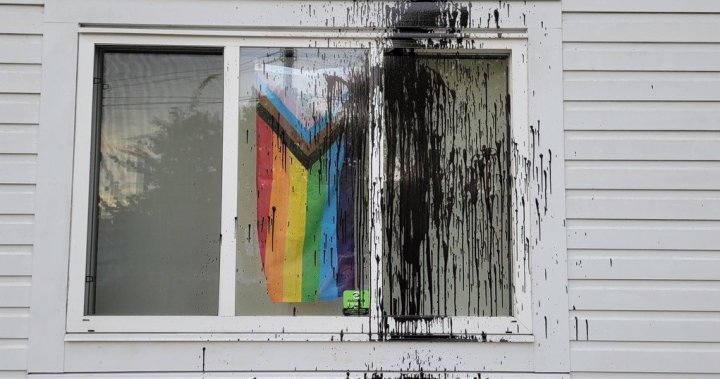Article – I spent the last week reviewing the latest announcement on British Columbia’s expanded hate crimes unit and its $3.2 million funding boost. The timing couldn’t be more critical.
Since October 2023, B.C. has witnessed an alarming 350% surge in reported hate incidents compared to the same period last year. Most concerning is that these numbers likely represent only a fraction of actual occurrences, as many victims remain hesitant to come forward.
“What we’re seeing is unprecedented in terms of both volume and severity,” explained Inspector Baltej Dhillon, who heads the B.C. Hate Crimes Team. “The expanded funding allows us to add five new dedicated investigators and two intelligence analysts specifically focused on hate-motivated crimes.”
The announcement came during a press conference where Attorney General Niki Sharma emphasized that fighting hate requires a multi-faceted approach spanning law enforcement, community support, and education initiatives.
I spoke with Kasari Govender, B.C.’s Human Rights Commissioner, who pointed out that the province’s response addresses a critical gap. “Hate doesn’t just harm individual victims—it damages entire communities. Having specialized investigators who understand the nuances of these cases is essential for both prevention and prosecution.”
The funding allocation includes $1.8 million for the dedicated hate crimes team and $1.4 million for community-based programs targeting hate prevention. This represents the province’s most significant investment in combating hate crimes to date.
Court records I reviewed show that hate crime prosecutions in B.C. have historically been challenging. Between 2018 and 2022, fewer than 20% of reported hate incidents resulted in charges, and even fewer led to convictions. The specialized unit aims to improve these outcomes through focused expertise.
The unit’s expanded mandate includes increased capacity for digital investigations—a crucial component as approximately 40% of reported hate incidents now contain an online element, according to the B.C. Hate Crimes Annual Report.
Alison James, Executive Director of the Resilience BC Anti-Racism Network, told me their organization has documented troubling patterns across the province. “We’re seeing targeted harassment affecting multiple communities—Jewish, Muslim, Sikh, LGBTQ2S+, and Indigenous people. What’s different now is the coordination we’re observing between previously isolated hate groups.”
I reviewed the hate crime data from Statistics Canada showing British Columbia recorded 546 police-reported hate crimes in 2022—a 34% increase from 2021 and significantly higher than the national average increase of 27%.
The province’s enhanced approach includes a public education component. “Many people don’t recognize what constitutes a hate crime or know how to report it,” explained Staff Sergeant Paula Tate of the BC RCMP Hate Crimes Unit. “We’re developing resources in multiple languages and building relationships with community leaders who can help bridge trust gaps.”
For communities that have experienced targeted hate, the expanded unit represents a meaningful step. Haroon Khan of the Al-Jamia Masjid in Vancouver expressed cautious optimism. “Our community has experienced everything from vandalism to threats. Having specialized investigators who understand the context of these incidents makes a real difference in whether people feel safe reporting.”
The funding announcement follows recommendations from the 2023 Standing Committee on Justice and Human Rights, which called for enhanced resources for hate crime investigations nationwide. B.C.’s approach may serve as a model for other provinces grappling with similar challenges.
Civil liberties groups remain watchful about implementation. I spoke with Meghan McDermott, Policy Director at the BC Civil Liberties Association, who emphasized the importance of balance. “While we fully support robust hate crime investigations, we must ensure that increased enforcement doesn’t inadvertently chill legitimate free expression or disproportionately impact marginalized communities.”
The hate crimes unit will coordinate with municipal police forces across B.C., providing specialized support for complex investigations. Training programs for front-line officers on recognizing and responding to hate-motivated incidents have already begun in Vancouver, Surrey, and Victoria.
Early intervention remains a key focus. The funding includes support for programs targeting youth who may be vulnerable to radicalization. “Prevention is always preferable to prosecution,” noted Dr. Barbara Perry, Director of the Centre on Hate, Bias and Extremism at Ontario Tech University, who serves as an advisor to the B.C. initiative.
As communities continue to navigate these challenging times, the expanded hate crimes unit represents a significant commitment. Whether it will be enough to stem the rising tide of hate incidents remains to be seen, but it marks a recognition that specialized responses are needed for these complex and damaging crimes.






